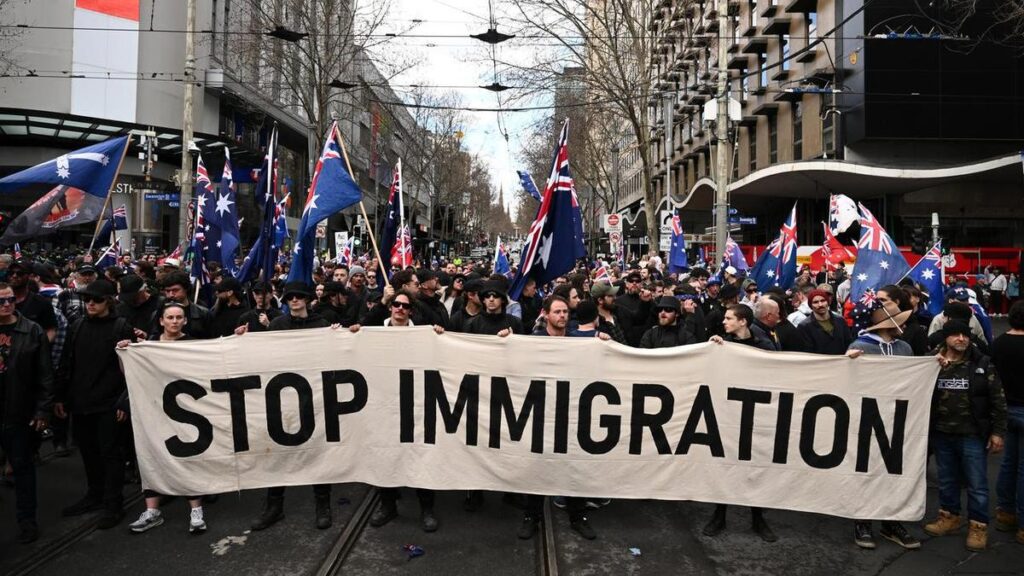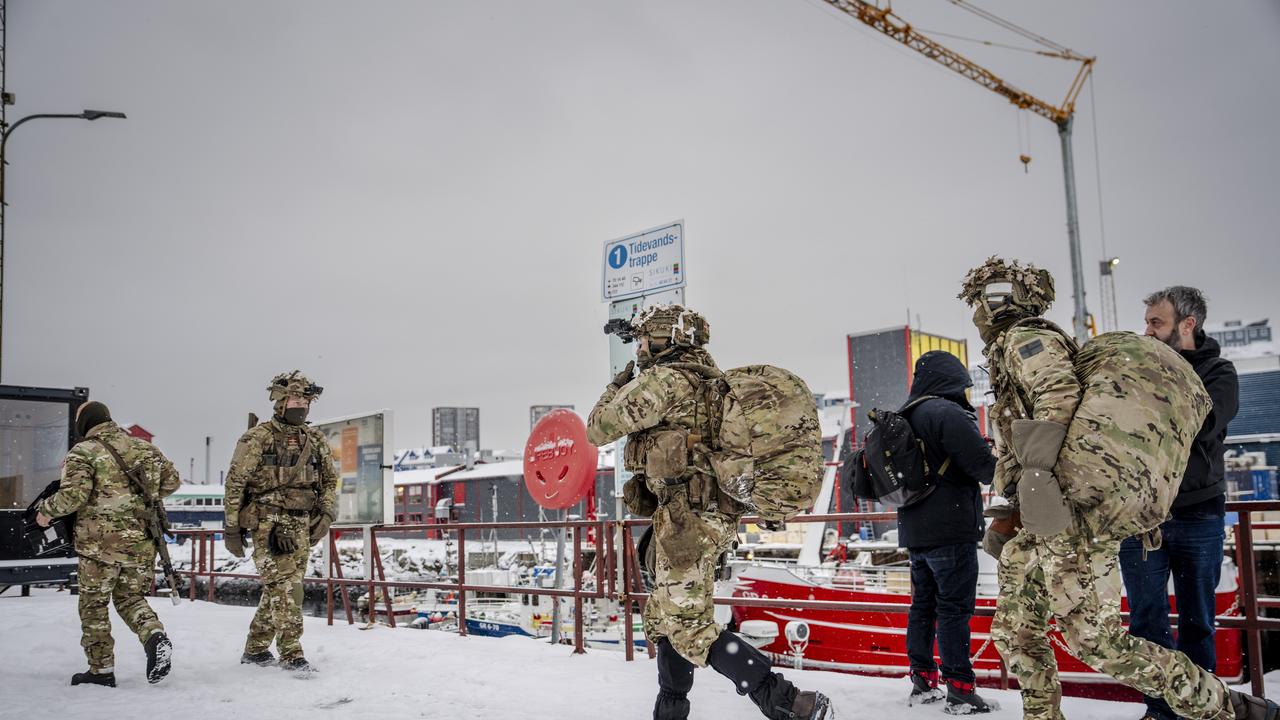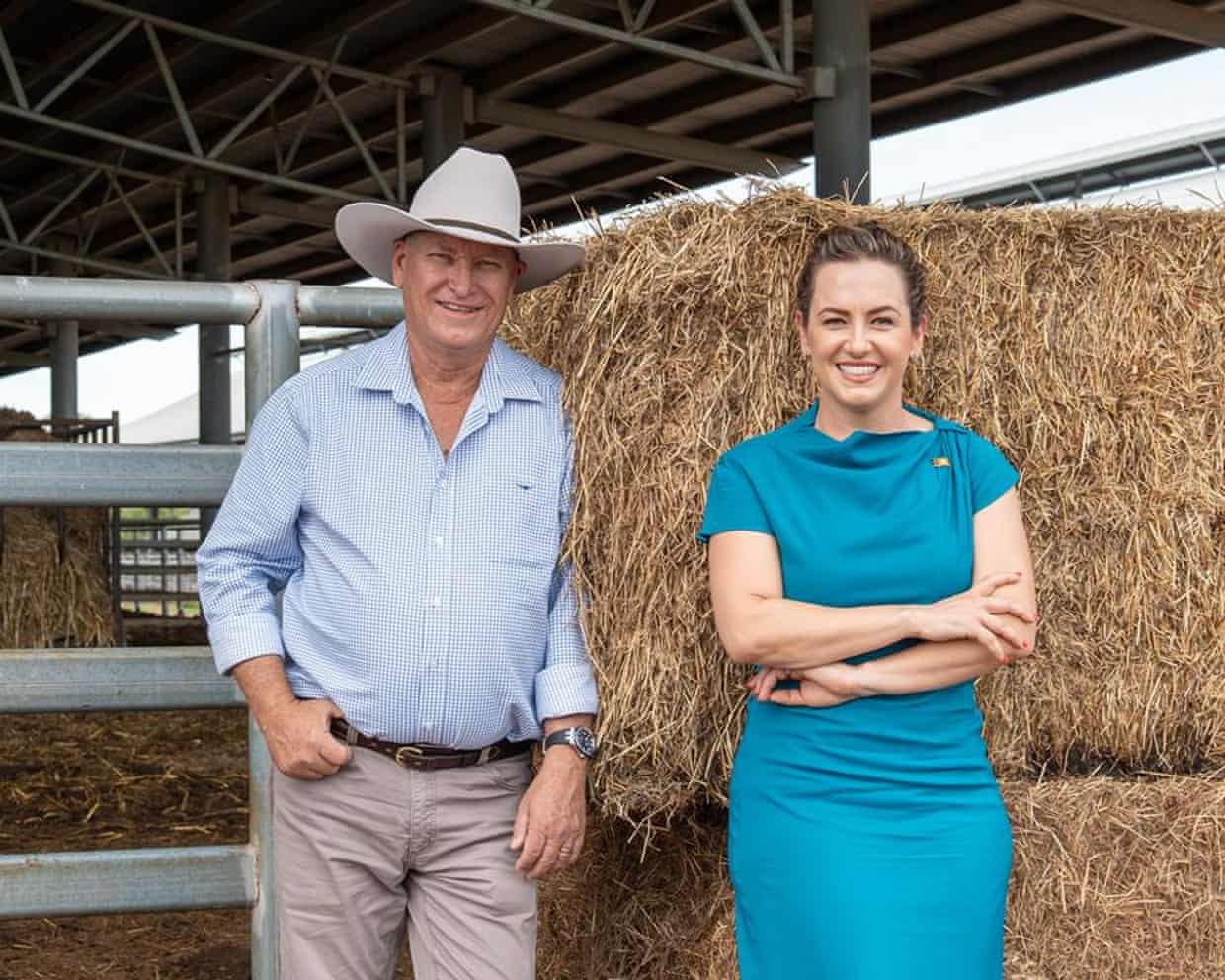
Anti-immigration rallies held across Australia over the weekend attracted thousands of participants, raising alarms among experts about the potential for neo-Nazi groups to recruit new members. Prime Minister Anthony Albanese emphasized the need for vigilance against extremism, highlighting the complex dynamics at play during these protests.
In cities such as Sydney and Melbourne, demonstrators gathered in significant numbers, facing counter-protests that sought to challenge their messages. While a minority of attendees identified as white nationalists, experts like terrorism specialist Levi West from the Australian National University noted that the presence of neo-Nazi groups creates an environment ripe for recruitment.
Dr. West explained, “A rally that has a presence from a group like the neo-Nazi organisation presents a prime opportunity for recruitment. People whose grievances are potentially based in conspiracy theory or misinformation can quite easily be drawn towards the simplicity of the ideas that are embedded in neo-Nazi ideology as providing some sort of solution or solace for the thing that they feel a grievance about.”
Albanese acknowledged that while some attendees may have had legitimate concerns, the overarching atmosphere of the rallies often fostered division. He stated, “What we have here is neo-Nazis being given a platform. The tone, of course, of much of the rallies was unfortunate — is the best way that you could put it — but hateful in some of the extreme examples.”
When questioned about increasing resentment towards migrants, Albanese noted that these sentiments have long existed in Australia. “What we need to do is to be vigilant about it,” he added, highlighting the role of social media in amplifying divisive views.
Opposition Leader Sussan Ley condemned the events, stating that they had been “hijacked by violent neo-Nazis spouting hate and racism.” She affirmed that “extremism has no place in Australia,” and expressed a willingness to collaborate with the government to foster social cohesion.
Opposition multicultural affairs spokesman Paul Scarr echoed Ley’s concerns, emphasizing the importance of careful debate surrounding migration issues. “If we don’t have these debates in a considered and measured way, then unfortunately, the extremists will use the lack of debate and discussion to obtain a foothold in the debate, and that’s something we really need to guard against,” he told ABC Radio.
As the nation reflects on these rallies, the call for unity and understanding grows louder among political leaders, who recognize the delicate balance required to address complex social issues without giving in to extremist ideologies. The coming days may see increased efforts to foster dialogue and strengthen community ties amid rising tensions concerning immigration and national identity.






